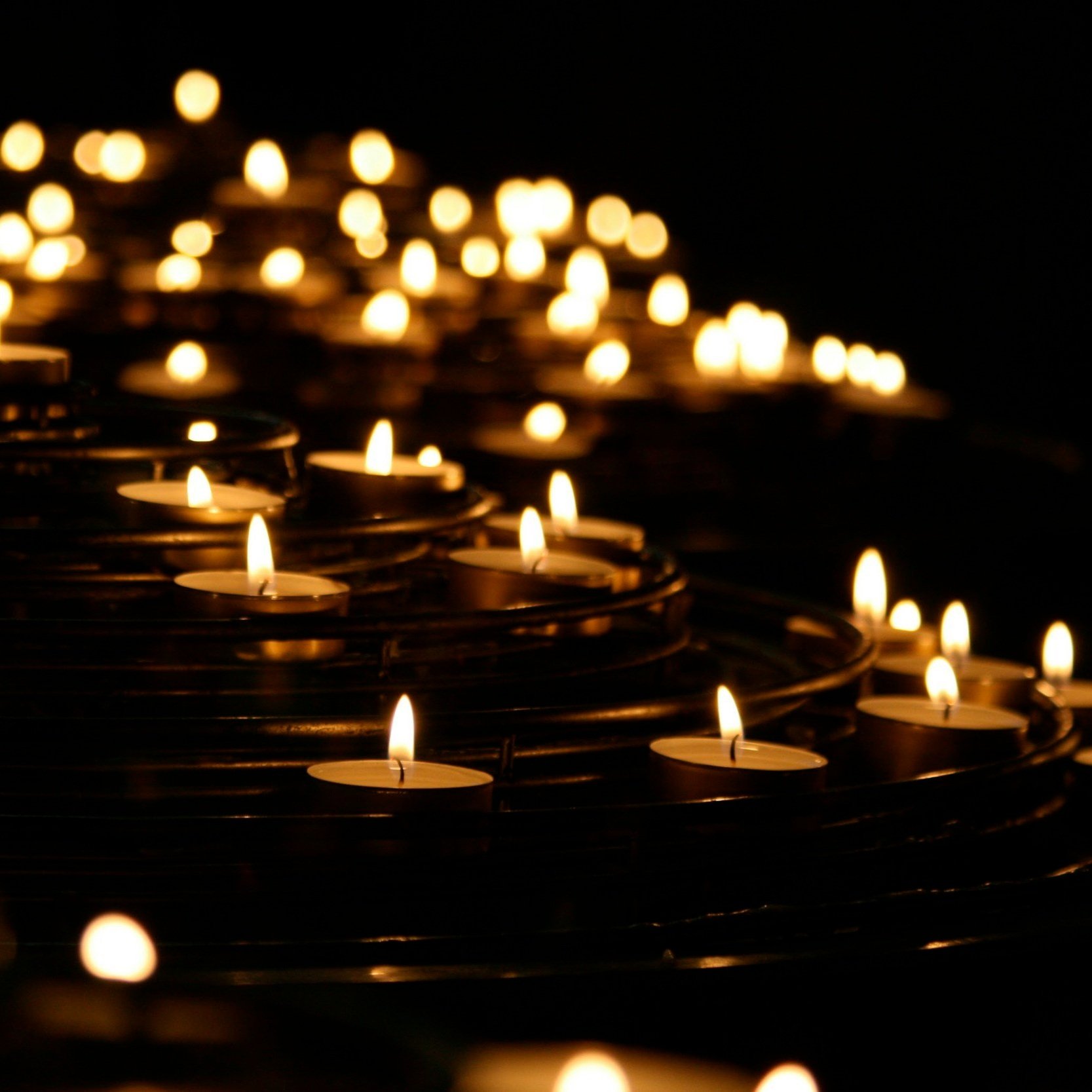Spectrums of Grief: How Do I Cope?
Does it ever seem to you that life is just a series of losses? If it doesn’t yet, it probably will at some point in your life. Those seasons are so difficult and challenging even for the most equipped. But most of us are not equipped and really don’t know how to grieve. Living east of Eden, we know we weren’t made for this present world or all the brokenness in it. It’s too much to bear. And more than this, we find ourselves ill-prepared to get through the overwhelming day-in and day-out of it all. Grieving is hard work, and we instinctively know it.
Usually, we fall on different places on the spectrum of grief. Some of us fall on the I-don’t-want-to-keep-going, overwhelmed end of grief, and some of us fall on the push-it-all-down-and-forge-ahead end of grief. This blog talks about that tension and the somewhere-in-between struggle of acknowledging and doing the work of grief, while still living and having hope to keep going.
Grieving is hard work, and we instinctively know it.
Grief is part of this present world we cannot escape. It requires acknowledging a loss and its impact on us, naming and feeling and expressing the emotion of it all. Folks who have a difficult time being aware or feeling their emotions will have a harder time with this, but will find their capacity stretched and their hearts enlarged if they can lean into it. But how? We have busy lives, and “I ain’t got time for all that.” The truth is our grief takes a lot more time and attention than any of us are comfortable with. I often tell folks our grief is like a dragon in our closet. You can go in and feed and water the dragon and kind of keep of him satisfied. Or you can ignore him, and he will come out and burn your house down, blasting out sideways and catching us unaware. Feeding and watering the dragon looks like taking some intentional time to remember, cry, process, journal, talk with a friend, wrestle with God or go for a run to release grief from the body. Often, it means addressing all the ways we are unhealthily soothing ourselves instead of feeling raw. Sometimes, our own anger or even rage keeps us from the simple sadness of grief, but most of the time the anger of grief is something not to be afraid of, but rather wrestled with. While it can be expressed a myriad of ways, it must be expressed. What we resist, persists. And as the old children’s book says, “you can’t go over it, you can’t go under it, you can’t go around it, you’ve got to go through it.”
Sometimes a profound loss, the death of a child or spouse or a lifechanging diagnosis, will put us on our back. There is no resisting because the grief comes as a tidal wave and threatens to drown us. We have the air knocked out of our chest, and it seems it will never return. And for many, this kind of loss is truly life altering. In fact, most significant losses turn the earth on its axis just a bit. It’s also possible when grief is mixed with depression, a kind of “can’t get out of the bed” phenomenon happens, and we feel utterly lost. We may lament and weep, or we may hide under the covers feeling as if it would be a comfort if tomorrow never comes. We may put on a presentable face for others in the short term, but we know there is a deep darkness behind that social smile.
This type of grief needs a compassionate response from our community and a compassionate consideration to ourselves. Grief can isolate us. While a desperately lonely type of “who could possibly understand” is present, we often have to ask for what we need because others don’t know how to be there for us. Honestly, we may not know ourselves what we need. But we do need some form of community to hear us and help us. Our emotions become violent and wreak havoc on our souls, and it can seem that even God or especially God has abandoned us. Our community can hold faith for us when we cannot. As the months turn into years, we will have to fight to see beauty, we will have to struggle to pursue joy, and we will have to retrain our brains to go forward and live when there seems to not be much to live for. It takes courage only God can supply.
In these spectrums, grief coping is something we learn. It does not come naturally. Often, we observe ourselves and others and hobble along until we find something that helps. Counseling or support groups can be a safe place to be present with our pain and learn some of the ways that can assist with those coping skills. A worn soul that is given time and honor will become a deeper, richer soul as we find hope in joining the mature of the ancient ages who have lost but not without hope. Here, somehow, glory happens.
Toward wholeness,
Shan Alexander

